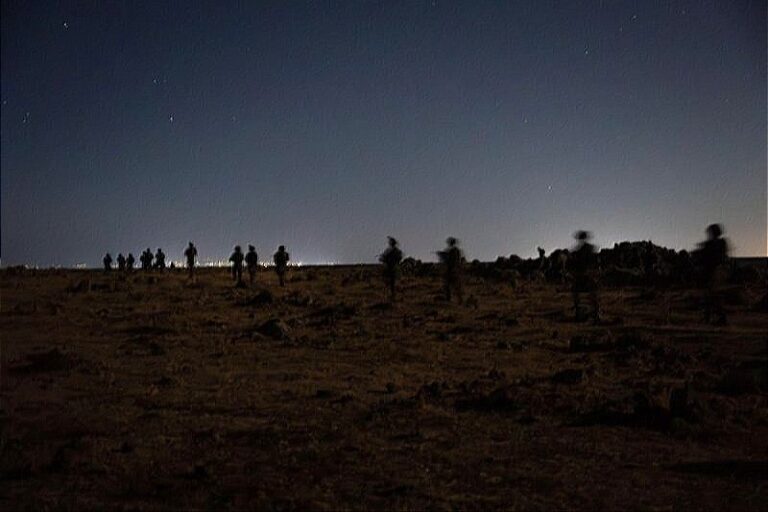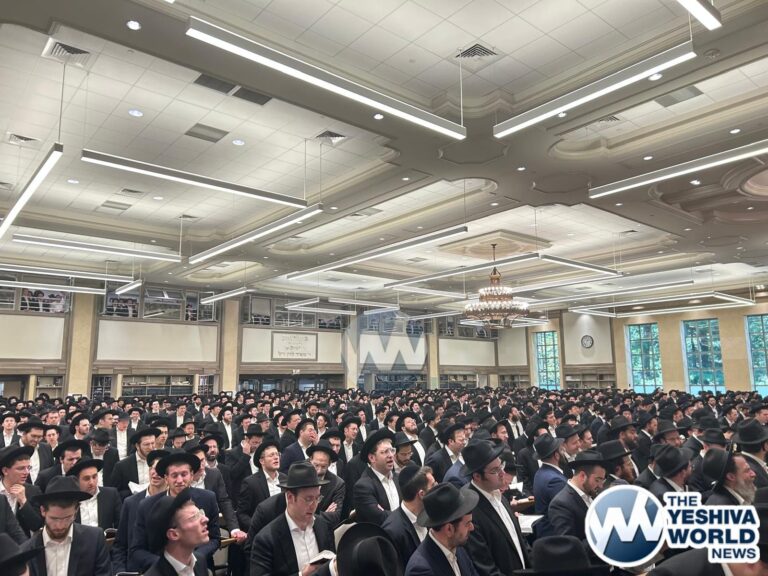 After a federal judge rapped one of the New York Police Department’s core tactics as racially discriminatory and appointed a monitor to oversee changes, lawmakers say they are set to add another dose of oversight for the nation’s biggest police force.
After a federal judge rapped one of the New York Police Department’s core tactics as racially discriminatory and appointed a monitor to oversee changes, lawmakers say they are set to add another dose of oversight for the nation’s biggest police force.
In a showdown with Mayor Michael Bloomberg and police leaders, the City Council was due to vote Thursday on overriding Bloomberg’s vetoes to establish an inspector general for the NYPD and make it easier to take discriminatory-policing claims to court.
The measures mark the most aggressive legislative effort in years to put new checks on the NYPD. And the vote comes less than two weeks after U.S. District Court Judge Shira Scheindlin’s order for a monitor to focus on stop and frisk, a practice she said the department had used in a way that violated the rights of hundreds of thousands of black and Hispanic men. The city is appealing.
Thursday’s vote could be very close; the lawsuit-related component of the legislation passed in June with just the 34 votes needed to override a veto.
But “the number of votes needed will be here,” City Council Speaker Christine Quinn said Wednesday, though she reiterated her own opposition to that provision. She supports the inspector general.
Civil rights groups and minority advocates have pushed for the legislation. It’s been propelled by complaints about both stop and frisk and the department’s extensive surveillance of Muslims, as disclosed in stories by The Associated Press.
Supporters say the new laws, coupled with Scheindlin’s ruling, would end practices they see as unfair and would mold a more trusted, effective police force.
“(The legislation) will go a long way toward creating a brighter future for me and my friends,” said Justin Olivera, 23, who recently finished a criminal justice degree. He said he has been stopped unfairly several times.
Bloomberg and Police Commissioner Raymond Kelly say that between the council measures and the court ruling, a police force that has fought crime down to record lows will be tangled up in second-guessing and lawsuits.
“We think both pieces of legislation are unwise and will undermine public safety,” Kelly said Wednesday.
If Thursday’s override vote succeeds, the NYPD will get a watchdog with subpoena power to examine the NYPD’s “operations, policies, programs and practices” — not just stop and frisk, like the court monitor. But the court’s appointee could compel action through the judge; the inspector general could just make recommendations.
The legislation also would give people more latitude to sue in state court if they felt police targeted them because of their race, sexual orientation or certain other factors. The suits could seek policy changes, but not money.
(AP)










